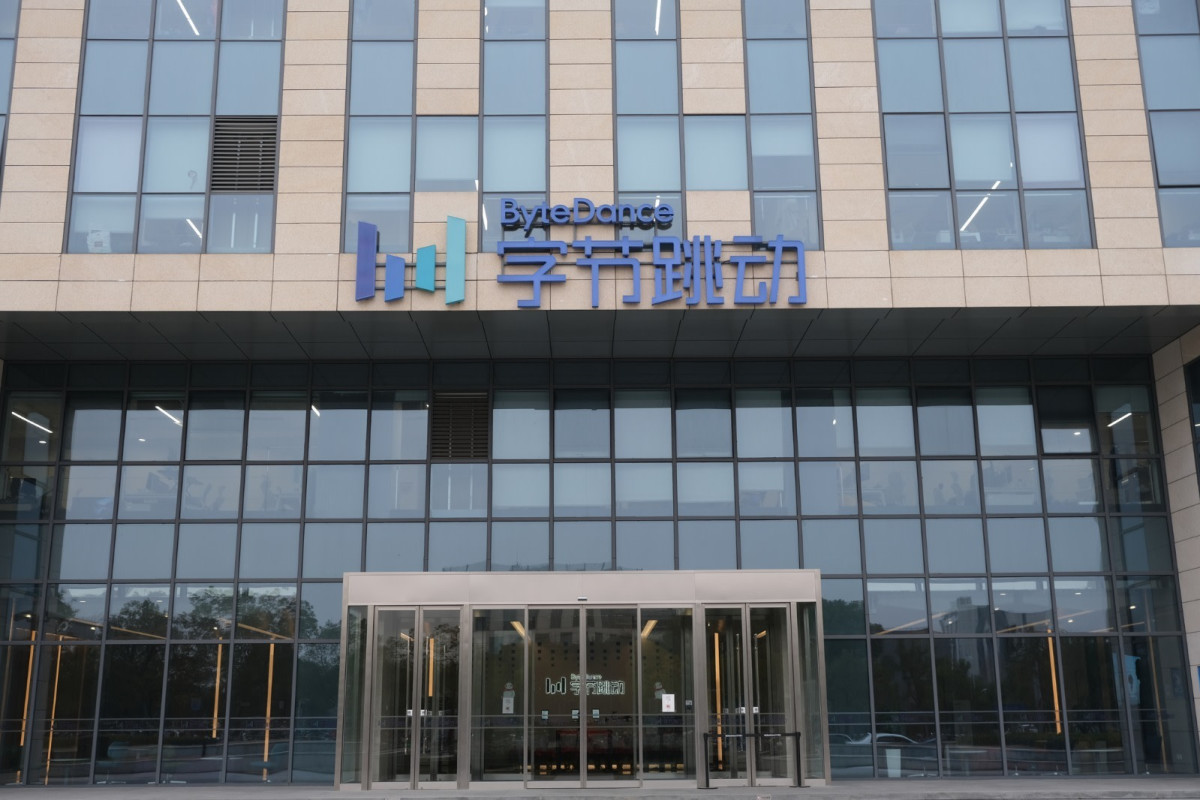The rejection of the request now forces TikTok to quickly turn to the Supreme Court, to prevent the implementation of the law that could lead to a ban on the use of the popular application by more than 170 million users in the United States.
The application submitted by TikTok to the Court of Appeals claimed that the law violates the rights of freedom of expression of the users and the operation of the application. However, the court denied the request on the grounds that TikTok and ByteDance did not cite legal precedent in which a court has stayed the implementation of a congressional law while an appeal process is underway at the Supreme Court.
A Tiktok spokeswoman said that the company intends to appeal to the Supreme Court, which according to her “has a historical record of protecting the rights of free speech of Americans”.
According to the new law, TikTok will be banned from use if ByteDance does not sever its ties with the application by the set date. The law even gives the United States government broad powers to ban additional foreign apps that may pose a threat to the collection of American citizens’ data.
The US Department of Justice claims that Chinese control of the application continues to pose a threat to national security, but TikTok rejects the accusations and explains that the information is stored on servers in the United States operated by Oracle, and that decisions regarding the content of the application are made in the United States.
Meanwhile, two American members of Congress called on Apple and Google to remove the Chinese video app from the app stores in the United States by January 19.
According to the lawmakers, “Congress is acting resolutely to protect the national security of the United States and ensure the safety of American users from the Chinese Communist Party.” At the same time, they turned to the CEO of TikTok, Shou Zi Chu calling for a sale of the application, emphasizing that this is the only way to avoid the ban.
The legal department of the American government stressed that even if the law goes into effect, it will not prevent the use of an application that is already installed on devices, but technical support for the application will stop, which may make it unusable over time. In response to this, TikTok warned that removing the application would lead to serious harm to American users and make the platform unavailable.
The tensions surrounding TikTok are not new. Already in previous years, officials in the American government tried to limit the activity of the popular application, mainly due to its connections with China. The controversy centers on allegations of the collection of personal information from US users and possible sharing with the Chinese government, putting ByteDance under heavy pressure.
In 2020, the government of Donald Trump Tried to issue an order banning Tiktok activity in the United States, but this initiative was stopped due to legal and public objections. With the entry of Joe Biden For the White House, the hope was that the policy would change, but the pressure on TikTok appears to be continuing.
One of the main points of criticism is TikTok’s limited transparency regarding how it manages data. Tiktok did open transparency centers in the United States and pledged to operate only local servers, but the accusations and concerns remain.
If the law goes into effect in January, American users may find themselves without access to the platform. Many young people, who use Tiktok on a daily basis for the purpose of sharing and consuming content, will have to look for alternatives or face technical restrictions that will harm the operation of the application.
However, it is possible that both ByteDance and the US government will find a compromise that will allow TikTok to continue operating in the United States. The tension between technology, the economy and national security continues to be a point of friction, but also a symbol of a broader question about the balance between privacy, innovation and political considerations in the digital age.
